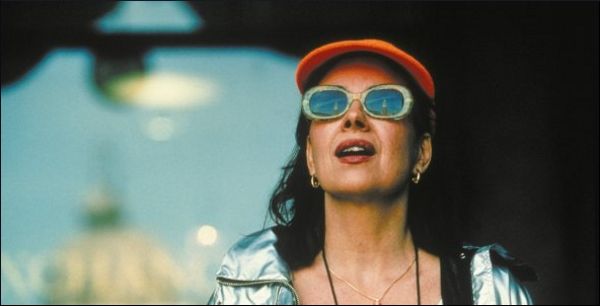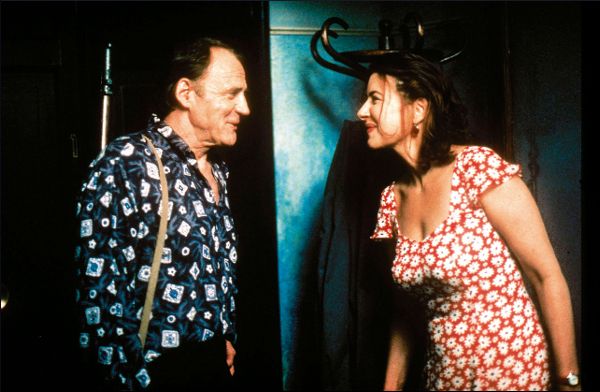In 1999, Italian viewers flocked to cinemas to watch the latest film by Silvio Soldini, who was then not particularly famous. His previous movies had all been appreciated by critics but had not been lucky with the public. This time around, though, he won the favor of both sectors, and the film turned out to be an unexpected success.
Pane e tulipani is a very delicate fairytale about a housewife, named Rosalba, and her quest to find her real self. During a bus ride to Paestum, she is accidentally left stranded on a highway stop, while her family and the trip organizers fail to notice her absence. Instead of finding transportation to Pescara and returning home, she hitchhikes all the way to Venice, a city she had always dreamed of visiting. There, she starts leading a completely different life from the one with her family. For once, she does not only worry about others, about her children or her careless husband Mimmo, but rather takes care of herself. Thus, she starts working for a florist and is lodged by a poetic Icelandic waiter, with whom she falls in love.
"Pane e tulipani is a very delicate fairytale about a housewife, named Rosalba, and her quest to find her real self."
Rosalba experiences culture clash, and comes to discover the distance between her old home and her new one. Her life in Pescara was characterized by ignorance and vulgarity, while in Venice, she is introduced to something new every day. There is also a linguistic gap between the two places. Rosalba’s husband is an extremely vulgar person, who tends to use a very thick dialect when he is outraged: “Si ting qualche novità, te la veng’a dic’io. Va buon?” (If I got any news, I will come and tell you, OK?). Meanwhile, Fernando, the man she falls for in Venice, speaks a very polite and elegant Italian. His expressions are often bookish: “E' mio dovere informarla” (It is my duty to inform you), “Ci troviamo quindi nella spiacevole situazione” (Therefore, we find ourselves in this unpleasant situation), “Mi duole contraddirla” (It kills me to contradict you), or “Me ne rallegro” (I brighten up). With such phrases, along with his kind manners, he conquers Rosalba. Little by little, she is naturally brought to look further than her own nose, rediscovering all those interests she had given up in order to become a proper wife, mother, and housewife.

Pane e tulipani is extremely rich from a linguistic point of view. Not only is there a contrast between Mimmo’s speech and Fernando’s, but many characters also talk with a thick Venetian dialect: “Me diseva che me voleva ben, mi ero mata per eo. E dopo so' restata incinta” (He said he loved me, I was crazy for him. And then I got pregnant). There are even snatches of Italian with deep Slavic sentence constructions and accent: “Trentamila tu trovava, io lo so. Fa 2.520.000. Allora contento? Hotel buono? Settimana scaduta. Trecentocinquantamila, soldi a mano, prego” (30.000 you found, I know. It makes 2.520.000. So, happy? Hotel good? Week over. 350.000, cash, please). Rosalba’s stay in Venice is jeopardized, at first, by her husband’s improvised private detective, and finally, by his mistress, who refuses to become the angel of the family hearth in Rosalba’s stead. Rosalba returns home, but Fernando does not give up, and he travels all the way to Pescara in the hopes of taking her back to Venice.




